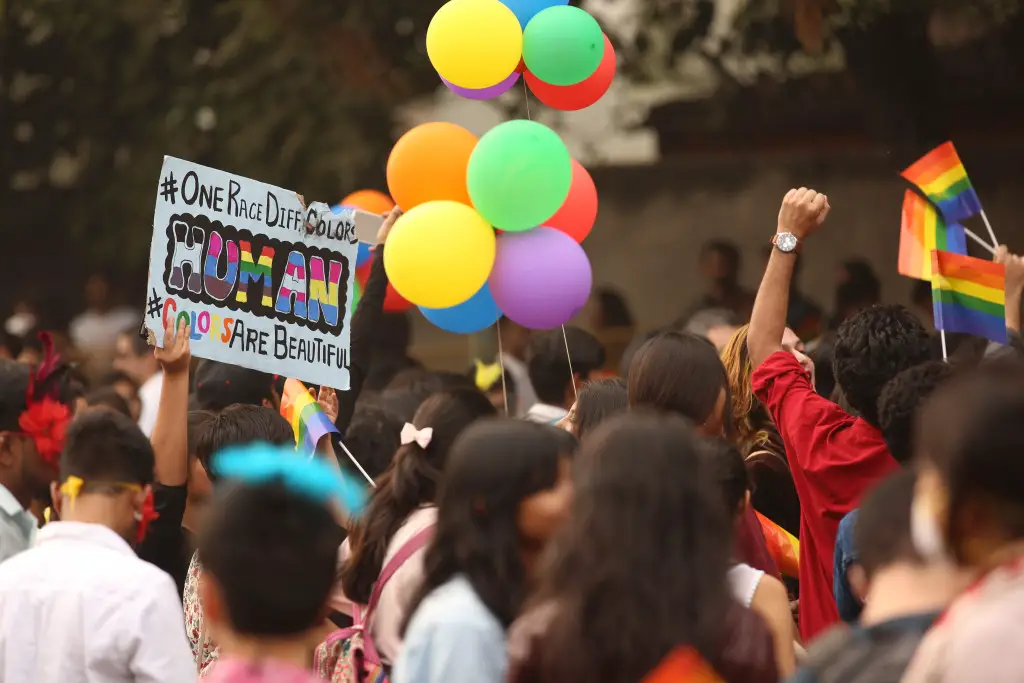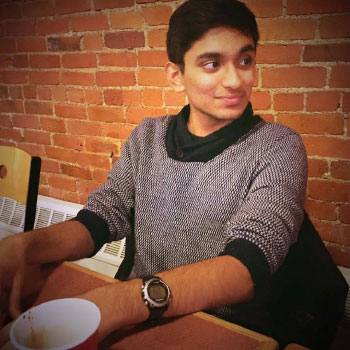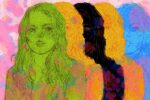I love my parents dearly, perhaps more than anyone in the world. They are Indian, yes, and immigrants, but they are from those images you see on screen; images of parents who bury their children under the weight of tradition, homework and unachievable excellence.
Of course, my parents expected great things of me and put me to work when they needed to, but they were always joyous and loving, and I always knew that whatever they did, even when they went overboard, they did in my best interest. I owe my parents everything: my life, success and happiness.
And so I have always felt a great debt to them — not a burden by any means, but a thought that hangs over my head every time I start to lapse into mediocrity or laziness. Is this how you honor them? the thought goes. Is this version of you what your parents sacrificed for?
The trope of the immigrant parent sacrificing their lives in their home of origin is tried, but true. Never once does it escape my mind how much my mother misses her own mother, growing older and older by the day ten thousand miles away in a place my parents and I visit once every other year. Never once does it escape my mind that my father could have built a beautiful life for himself in India, where he no doubt would have had far fewer worries.
Ever since I came to recognize what my parents sacrificed to come here, I have wanted nothing more than to make them proud of me. Every little thing I do is in some way done for my parents, whether I do it consciously or not. They do not ask it of me; they never would, but I feel it is my obligation. My duty. And I do it willingly, freely.
At the same time, however, I’ve defied some of the most important qualifications of the good Indian child: instead of pursuing a career in medicine, finance or engineering, I chose instead an infinitely more precarious life in the arts by studying English and creative writing.
As an aspiring writer, I cannot guarantee that I’ll have financial stability in my life. I tell myself that I will do the best I can — be the best possible writer I can be, smooth out the rough edges to the best of my ability, limit the variables in the equation of my life.
When I realized I was gay, I was at a complete and utter loss. How could I have let this one slip by me? How could I have allowed this to happen? I didn’t want it at first, strange and masochistic as that may sound.
I saw gayness as an encumbrance, a disappointment to my parents. I’d already made decisions in my life that would have compelled other, less generous parents to beat me into submission; if they heard their son was a gay man, they would have promptly disowned me.
In the community where I grew up, the word “gay” was always said in a whisper, with a quiet note of shame attending its utterance. And I never heard the word applied to another Indian person; as far as anyone in our community was concerned, there was no such thing as an Indian homosexual. Gayness was for white people.
My junior year of high school, I remember screaming into my pillow out of fury and sorrow: “I’m not gay! I don’t want any part of this!” So I did what I knew I could do to keep such thoughts at bay: I hit the books and buried myself in homework. Getting into college, after all, was a much more pressing matter than any personal trouble.
Halfway through freshman year of college, however, it became impossible to hide any longer. It was time to accept, once and for all, that I was a gay man. Coming out to friends was easy. No one had a problem with it, and all of them greeted me with smiles when I told them.
Coming out to my parents, though — the people with whom I had always felt closest and still do in many ways — inspired the greatest fear in me. I came out to my mother first, who took it quietly and cried privately. I came out to my father second, who took it rough and cried openly. Never had I seen my parents in such states of total dismay.
What had I done? It was my fault. I had invited misery upon their house. I remembered again the sacrifices they had made, the family they had left behind. For what? For a gay son longing to be a writer. It took the whole summer for them to get used to the fact.
I took on whatever discomfort they were feeling and absorbed it so they wouldn’t have to feel it as much. Whenever I was home, I took it upon myself to hide that part of myself as much as possible.
When I am surrounded by people who do not look like me, my nationality is what they tend to notice. It’s what I tend to notice, too; my identity as an Indian person is that part of me I understood before anything else. It’s the part of me I grew up closest to.
But when I am around other Indians, at home or elsewhere, my gayness stands out in sharp relief. I feel distinctly in those places that I am not truly like the rest, even though I have every right to be included. I have yet to find a place where both my Indianness and my gayness can exist openly and in harmony.
I have no answers when it comes to reconciling my two identities. They are not mutually exclusive; there are queer Indians (case in point: me).
For me, however, they do not rest easy with each other just yet.
I know I’ll find my way eventually. I have no other choice: I have a life of my own to lead, a life that I hope is filled with joy and dreams to come true. Eventually, I will find a way to make my parents proud, and I’m sure they know it too. Everything I’ve ever achieved and will ever achieve is because of my parents’ love for me and of my love for them.

















